Taking the Hassle Out of Hiring with a Recruitment Template

If the prospect of starting the hiring process gives you a headache, you’re not the only one. However, the good news is, recruitment doesn’t have to be a painful and time-consuming exercise. Hiring new employees is an unavoidable task in the running of any organisation, and proper planning will help smooth the whole process out.
Here, we share how we go about preparing for the hiring process at RobLawMax, and it all starts with a comprehensive recruitment template that is designed to guide you through the recruitment journey. Whilst partnering with a specialist Recruitment Agency can help you with this process, if you’re planning on going it alone, use these tips to help you get started.
Polish up the Job Description
Whether this means writing it from scratch or just reviewing the one you’ve got, make sure the job description accurately outlines the role. Be sure not to oversell it though - avoiding surprises (regarding the role and the company) will keep everybody happy down the track. A good job description will explain who the role reports to, whether it’s temporary or permanent, and outline any key (and secondary) tasks.
Your job description should also paint a picture of what the ideal candidate will look like. This will describe the background, qualifications and strengths of the applicants you’re looking for. Remember, this is a best-case scenario, so to avoid narrowing applicants down too much, include other types of candidates that you would consider for the role too.
Once you’ve covered the specifics, outline the purpose and goals of the position, and the value it will add to your organisation. This will also go a long way to making the position attractive to the right types of candidates.
For more information on writing an effective job description, take a look at our guide here.
Check Out the Job Market
Analysing the job market is a crucial step in the pre-recruitment process. Review the talent that exists in the market at the moment, as well as similar roles and how they compare.
Checking out how similar roles compare will make it easier to pin down what makes the position (and organisation) stand out amongst the rest. Think about why construction professionals should choose your company over any of the others and then be sure to communicate this point throughout the recruitment process.
Don’t forget to research the average salary levels. This will give you an idea of what competitors are paying for similar roles, and whether you need to adjust yours to meet expectations.
If time is something you can’t spare, a recruitment partner who has an in-depth understanding of the job market (and specifically Construction and Engineering recruitment) can prove invaluable here.
Create Your Selection Criteria
Building a thorough checklist of selection criteria will help you to make decisions about who makes it through the gates and ensure potential hires are meeting the requirements that you’ve set. This should outline ideal qualities of a candidate, as well as what would be second best. It could be in the form of a tick sheet, which can be compiled from the job description.
Decide on a Marketing Plan
As great as this would be, the role won’t sell itself. It’s essential to come up with a strategy to market your vacancy, a step in recruitment that is often overlooked by employers. Without having a marketing plan in place, it would be difficult to attract top Construction & Engineering candidates. As a result, this can affect the size of the talent pool you’re drawing from.
A good marketing strategy should include:
- A budget – how much do you want to spend on marketing?
- Location, location, location. What region are you targeting to look for candidates (whether local or international)?
- The sources you’re going to use. Don’t overlook social media platforms as these can be a low-budget way of reaching a large audience.
- Professional networks and referrals are another great source of candidates, so make sure this is taken into account when building your marketing plan.
It’s also important to decide whether it’s something you can handle on your own or if it’s a good opportunity to partner up with a specialist recruitment agency, and save yourself time and energy.
Determine the Recruitment Process
Now that a blueprint is in place, it’s time to make some decisions about how you’re going to execute the recruitment plan.
The first thing to clarify is timeframes. Working backwards from the date you need the role filled, how much time will be allocated to the screening and interview process? This is where the selection criteria discussed earlier will come in handy, which will allow you to easily pick up those applicants that are suitably qualified and meet the role’s requirements.
Another important decision is deciding how many interviews to conduct. This will of course depend on the nature of the job, and the volume of applicants. You may want to complete an initial round of phone interviews to save time and narrow down the pool of candidates, especially if there’s a large number of applicants.
Decide who is going to conduct the interviews, and how they’re going to be carried out. Will you have specific skill testing? A character assessment? Who will be undertaking reference checks?
The final step is planning how the successful candidate will be offered the job, as well as the process for communicating with candidates who haven’t been successful.
Summary
Embarking on the recruitment process can be challenging, but with proper planning, it needn’t be that way. Using a recruitment template can save you a lot of unnecessary headaches. Alternatively, partnering with a specialist recruitment agency means that they would take care of many of these aspects and free your time up to take care of what’s really important. For help finding the best Construction and Engineering talent on the market, don’t hesitate to get in touch with the team at RobLawMax.








